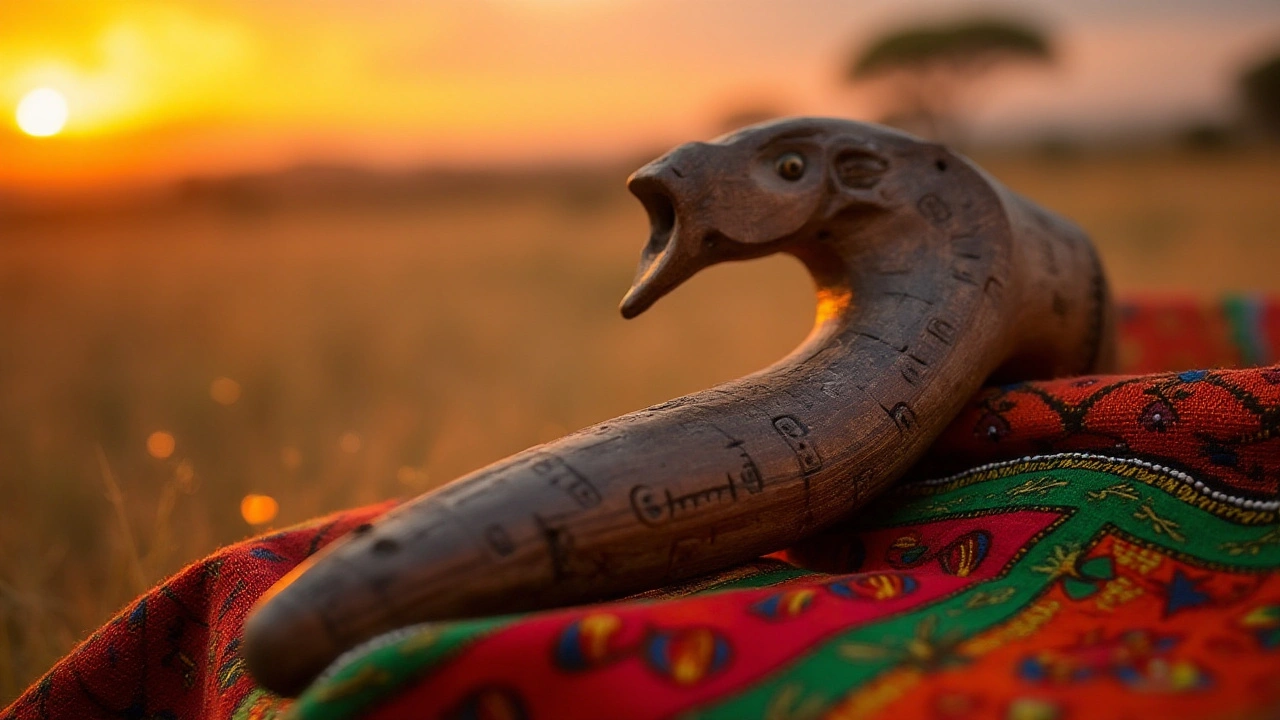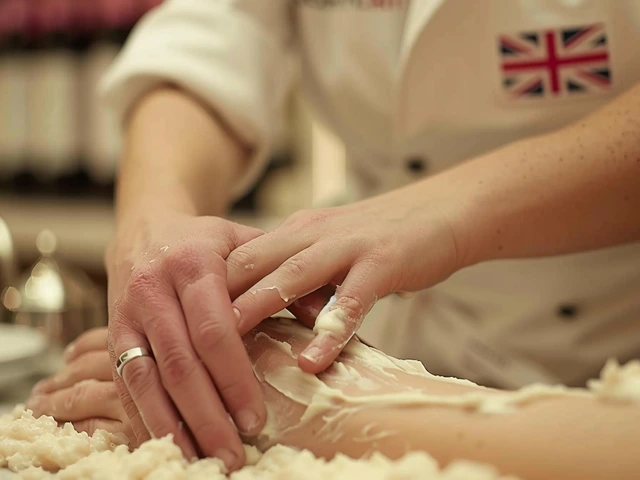African Culture and Canine Wellness: Practical Traditions You Can Use Today
People across Africa have cared for dogs for thousands of years. Many traditions focus on simple, practical things: regular routines, hands-on care, whole foods, and respectful use of local plants. You don’t need to copy a ritual to get real benefits. Use a few safe ideas from these practices to make your dog healthier and calmer.
Everyday habits that help
Keep a steady routine. In many herding and hunting communities, dogs work and rest on clear schedules. Regular feeding times, walks and rest help dogs feel secure and reduce stress.
Protect from heat. Shade, fresh water, and cool resting spots are basics in hot climates. A damp towel or cool tile can lower body temperature after active play—especially helpful for short-nosed breeds that struggle in heat.
Try scent enrichment. Many African dogs experience wide outdoor scents. Give your dog safe scent toys or short supervised sniff-walks in new areas to burn mental energy without extra running.
Choose whole-food additions. In parts of Africa, people add small amounts of cooked pumpkin, sweet potato, or cooked lean meat to dogs’ meals. These add nutrients and variety. Introduce anything new slowly and in small amounts so your dog’s tummy adjusts.
Hands-on care: massage and simple remedies
Use gentle massage. Traditional touch in many cultures eases tension and builds trust. Start with short sessions: light, rhythmic strokes along the back and shoulders for 2–5 minutes. Watch your dog’s body language—if they stiffen or move away, stop.
Learn a bit from pros. Sports and neuromuscular massage ideas (like slow, even pressure on tense muscles) are useful for active dogs. If your dog has an injury or chronic pain, see a qualified canine massage therapist or vet before trying deeper techniques.
Consider local herbs carefully. Plants like moringa and rooibos are used in some African diets for nutrition and mild soothing effects. Small amounts of moringa powder (well-sourced) are sometimes mixed into food for added vitamins. Neem oil is used traditionally for pest control, but it must be diluted and used with vet guidance—neem can be toxic if misused. Always check with your vet before giving herbs.
Be careful with bones and raw diets. Some communities feed raw or smoked meat and bones. Cooked bones can splinter; raw bones carry bacteria. If you choose raw feeding or bones, get veterinary advice, follow safe handling, and supervise chewing sessions.
Respect culture and safety. Use traditional ideas that are practical and safe, not rituals that could harm your pet. Ask local experts, vets, or experienced rescuers about any practice you want to try.
Want quick next steps? Set a steady daily routine, add short massage sessions, try one safe whole-food topper, and talk to your vet about any herbs or flea remedies. Small, consistent changes borrowed from long-standing African care traditions can make a big difference in your dog’s comfort and happiness.

Exploring the Cultural Significance of the Rungu in African Traditions
The rungu is more than just a weapon; it's a symbol of status and tradition among many African communities. This article explores the rungu's historical significance, its construction, and its cultural role. Often associated with the Maasai, the rungu has been widely used in ceremonies and as a symbol of leadership. By understanding the rungu, one gains an appreciation for the rich cultural tapestry of Africa.

Gut Health and Its Impact on Your Metabolism
Nov, 20 2024

How to Restore Your Gut Health After Antibiotics
Dec, 31 2025


